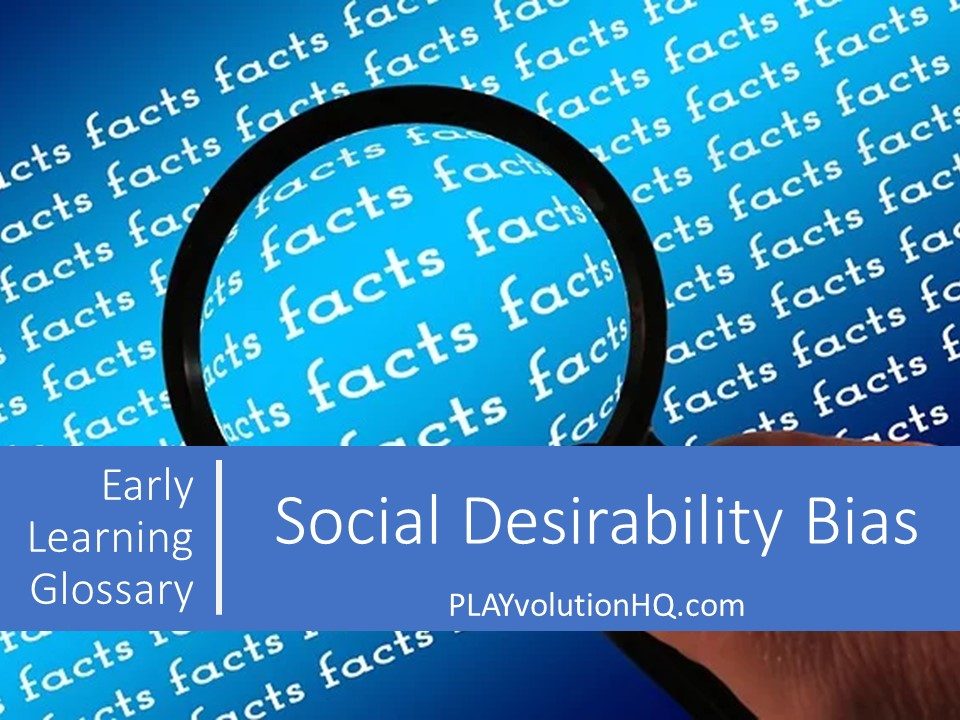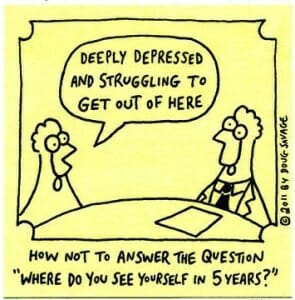
About Social Desirability Bias
Social Desirability Bias is a psychological tendency wherein individuals provide responses or exhibit behaviors they perceive as socially acceptable rather than expressing their true thoughts, feelings, or actions. This bias often emerges when people feel judged—such as surveys, interviews, or social interactions—leading them to overreport positive traits (e.g., kindness or diligence) and underreport negative ones (e.g., impatience or selfishness). Understanding this bias is critical for parents and early learning professionals, as it can subtly influence how children, caregivers, and even educators present themselves, potentially masking authentic needs or challenges.
In early childhood settings, Social Desirability Bias may manifest when young learners or their parents respond to questions about behavior, progress, or home dynamics in ways they believe align with societal expectations. For instance, a parent might exaggerate a child’s reading habits to appear attentive, or a child might suppress frustration to seem well-mannered, skewing assessments of their emotional or developmental state. Research consistently shows this bias is heightened in high-stakes contexts—like parent-teacher conferences or developmental evaluations—where the desire for approval can override honesty, complicating efforts to tailor education and support effectively.
For professionals and parents, mitigating Social Desirability Bias requires fostering trust and emphasizing nonjudgmental communication. Studies indicate that anonymous feedback, indirect questioning (e.g., “What do other parents think?”), and normalizing imperfection can reduce its impact. By creating environments where authenticity is valued over perfection, adults can better discern genuine strengths and struggles in young learners, ensuring interventions are based on reality rather than polished facades. Awareness of this bias equips caregivers and educators to peel back layers of social performance and address children’s true needs.

Contribute content to Playvolution HQ
Brought to you by Explorations Early Learning
Thoughts On This Entry?
I’d love to hear your thoughts on improving this entry and suggestions for additional glossary additions in the comments below. You can also contact me with comments or concerns.
Browse Trainings
Author
Jeff Johnson is an early learning trainer, podcaster, and author who founded Explorations Early Learning, Playvolution HQ, and Play Haven.
In-Person And Online Training
Learn how to book an in-person or online training for your organization on these early learning topics.
Support The Site
I participate in the Amazon Services LLC Associates Program, an affiliate advertising program designed to provide a means for me to earn fees
by linking to Amazon.com and affiliate sites.
Thanks To Our Patrons
This post was made possible by patrons like these, who generously fund our work:
Supporters
Lissadell Greene Stephanie Goloway Jennifer Stark
Lagina Kozak Michelle Hankins
Marie Messinger Tamara L. Lakin
Fans
Jen Flemming Lizz Nolasco Cynthia J Bays
Susan Warner Kelly Sigalove Shawn Wolf
Vittoria Jimerson Codee Gilbert Wendy Tedford
Monica Morrell Pam Soloman Melissa Franklin
Teresa Watson Erika Felt Autumn Peele
Melissa Taylor Jahmeela Robinson Stacie Manning
Amber Maurina Terra Calamari Anne Jackson
Lagina Kozak Samantha Yeager-Cheevers
Elizebeth McCoy Sammy Cousens Ellen Cogan


Leave a Reply